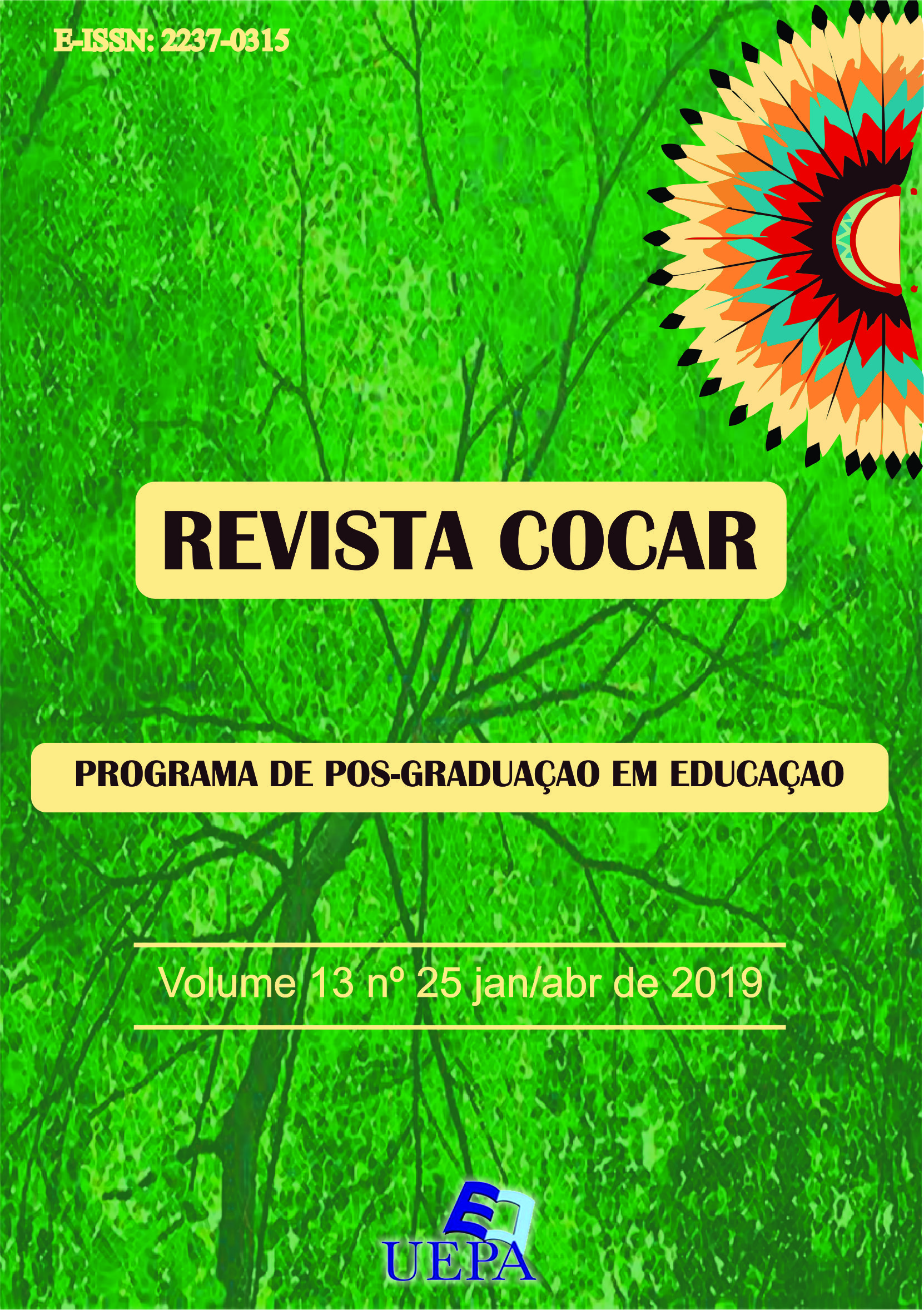Educação em perspectivas decoloniais: reflexões desde o litoral norte do Rio Grande do Sul
Resumo
Resumo
Pretende-se com o presente estudo analisar e reflexionar os processos de tessitura, legitimidade e executabilidade de um currículo escolar decolonial como documento propositivo às escolas públicas norte-litorâneas, em conformidade com os Direitos Humanos, no sentido de assegurar o direito à educação e a cidadania à população vulnerável, utilizando-se, para tanto, dos aspectos locus-regionais como potência de ação de uma coletividade, vinculada a seus desafios e necessidades de transformação na contemporaneidade. No que tange a metodologia e procedimentos metodológicos, utiliza-se do bibliográfico-investigativo, acrescido de abordagens quantitativa e qualitativa. A título de alguns resultados, tendo como tríade Cidadania, Decolonialidade e Educação, busca-se apresentar às escolas e professores da região a concepção de currículo intercultural. Sugestiona-se que a efetivação pode iniciar por meio de formação docente continuada e da elaboração de material didático-pedagógico onde aspectos locus-regionais de cunho histórico-geográfico, étnico/cultural, social, educacional, econômico e outros sirvam de referência à tessitura desse currículo na busca por uma educação que priorize a cidadania e os protagonismos educativos.
Palavras-chave: Brasil; Decolonial; Educação.
Education in decolonial perspectives: reflections from litoral norte do Rio Grande do Sul
Abstract
The aim of this study is to analyze and reflect on the processes of interpretation, legitimacy and enforceability of a decolonial school curriculum as a proposal document to the public coastal schools, in accordance with the Human Rights, in order to guarantee the right to education and the citizenship of the vulnerable population, using, for that, the locus-regional aspects as power of action of a collectivity, linked to its challenges and needs of transformation in the contemporaneity. With regard to methodology and methodological procedures, bibliographical-investigative is used, plus quantitative and qualitative. As a result of some results, having as triad Citizenship, Decoloniality and Education, we intend to present to the schools and teachers of the region the conception of intercultural curriculum. It is suggested that the implementation can begin by means of continuous teacher training and the elaboration of didactic-pedagogical material where locus-regional aspects of historical-geographic, ethnic / cultural, social, educational, economic and other aspects serve as reference to the texture of this curriculum in the search for an education that prioritizes citizenship and educational protagonism.
Key word:Brasil; Decoloniality; Education.
Downloads
Downloads
Publicado
- Visualizações do Artigo 291
- PDF downloads: 233























